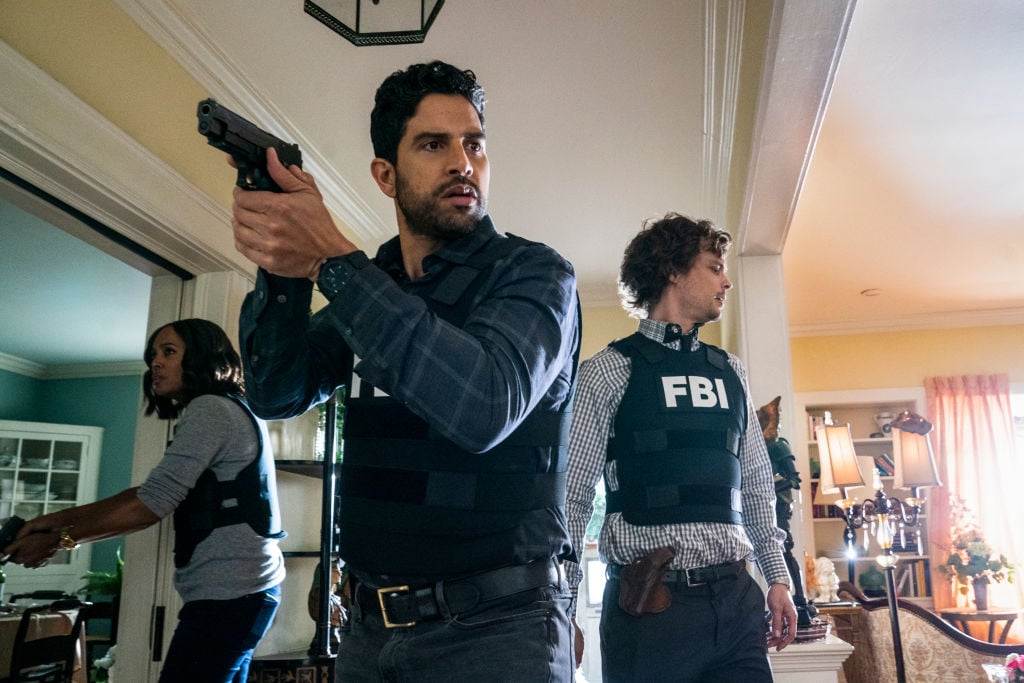‘Criminal Minds’: How Much Would a Supervisory Special Agent Make in Real Life?
The writers of Criminal Minds may take a lot of creative licenses when dealing with how the FBI agents of the BAU get their job done, but when it comes to the internal hierarchy, they are pretty accurate. Sure, Penelope Garcia’s job title of technical analyst doesn’t actually exist, but she would be an intelligence analyst within the unit if she were a real FBI employee. Many of the other job titles do exist; for example, supervisory special agents do exist within the FBI.
How much does a supervisory special agent make?
Supervisory special agents are considered senior personnel within the FBI, and their salary matches that experience. While a first-year special agent will start with a salary of about $53,000, their pay increases each year exponentially. Because the FBI is a government agency, they use a steps program for salary progression. Promotions significantly increase the salary of an agent, as well.

According to Payscale, the average supervisory special agent can expect to make around $130,000 per year, before additional compensation. Some roles will garner a much higher paycheck, though. Some individuals in supervisory positions can command as much as $170,000 per year. Salary for those in supervisory roles is generally based on the agent’s educational background, their time in the agency, and the area they are servicing. For example, agents in Washington D.C. typically earn more than agents in field offices around the United States.
How does a special agent rise to a supervisory role?
It would seem that once someone joins the FBI they are in the FBI for good. That’s not always the case. FBI agents have the right to resign at any time, but every recruit signs a three-year commitment. If the agent leaves before that three-year commitment is up, the agency can ask the rookie to reimburse the agency for the cost of training. Resignations are not particularly frequent, in fact, the majority of special agents aim to rise through the ranks of the FBI.
Supervisory special agents are agents who have proven themselves in the field. According to Study, supervisory roles are highly competitive and generally go to special agents who have at least eight years of experience in the field. They must also apply for the role and show exemplary skills in their discipline, as well as leadership skills. After all, the entire point of supervisory special agents is to lead a small team of other agents.
Is there actually a unit chief in the real BAU?
Criminal Minds fans may know that there is a unit chief within the BAU. For many seasons, Aaron Hotchner served as the unit chief. He departed the BAU in Season 12. While Hotchner was seen mainly as the boss of the BAU, the actual FBI is not structured in the same way. Yes, chiefs are used, although the term chief is rarely used within the FBI now. Instead, Hotchner would have been considered a unit director.
A unit director is often tasked with reporting directly to the deputy director of the FBI. Unit or section directors may serve in a leadership capacity, but, in actuality, they are ranked the same as supervisory special agents, and their pay reflects it. Unit directors are more likely to earn a paycheck towards the top end of the pay scale, but only because they generally have more field experience and years within the agency than others within their unit.


